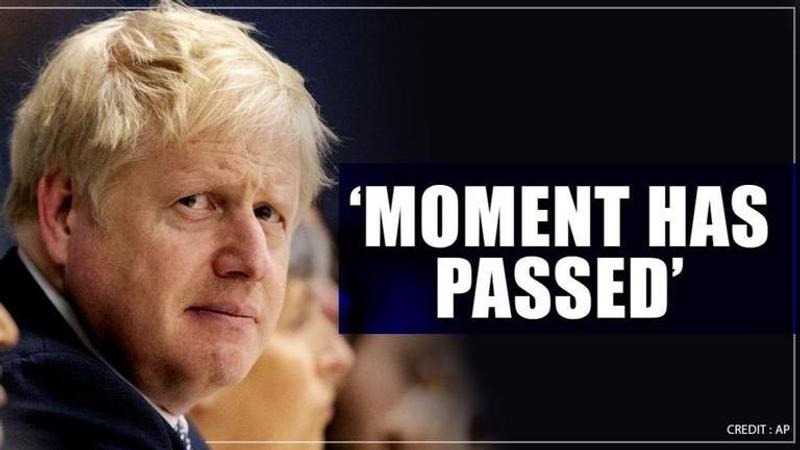Published 19:12 IST, June 12th 2020
Britain 'formally confirms' to EU that it won't extend post-Brexit transition period
Britain 'formally confirmed' the European Union that it would not be seeking an extension to the post-Brexit transition period beyond December 31, 2020.

The British government formally told the European Union that it would not seek an extension to the post-Brexit transition period beyond December 31, 2020. British MP and Conservative leader Michael Gove chaired further talks with EU leaders on June 12 and told the 27-member bloc that the time for an extension has passed.
On June 5, Britain and the EU finished the fourth round of negotiations without any major breakthrough. EU’s chief negotiator Michel Barnier said in a statement that the UK is “backtracking” from its commitments made before the post-Brexit talks started in March. Speaking to reporters in Brussels, Barnier has said that “no substantial progress” has been made in the roundtable talks.
'Progress remains limited'
David Frost, an EU adviser to British PM, issued a separate statement saying fourth round of negotiations was a little shorter than usual and more restricted in scope. He claimed that the talks have been positive in tone but added that progress remains limited. Last month, he had said that the major obstacle to the deal is the European Union’s insistence on including a set of “novel and unbalanced proposed on the so-called level playing field”.
Frost criticised the 27-member bloc for demanding access to UK fishing waters saying it is incompatible with Britain’s future status as an independent coastal state. He said that the UK is fully committed to agreeing to the fishing provisions in line with the Political Declaration but can not agree on a deal that is “unbalanced” and against the interests of the UK fishing industry.
“It is hard to understand why the EU insists on an ideological approach which makes it more difficult to reach a mutually beneficial agreement,” added the UK’s chief negotiator.
Frost asserted that the UK needs a change in the EU’s approach before the next round of negotiations beginning next month. He said that the UK intends to release all the draft legal texts during next week to facilitate the upcoming discussion and let the member states of the EU and interested observers to see Britain’s approach in detail.
Updated 19:12 IST, June 12th 2020




